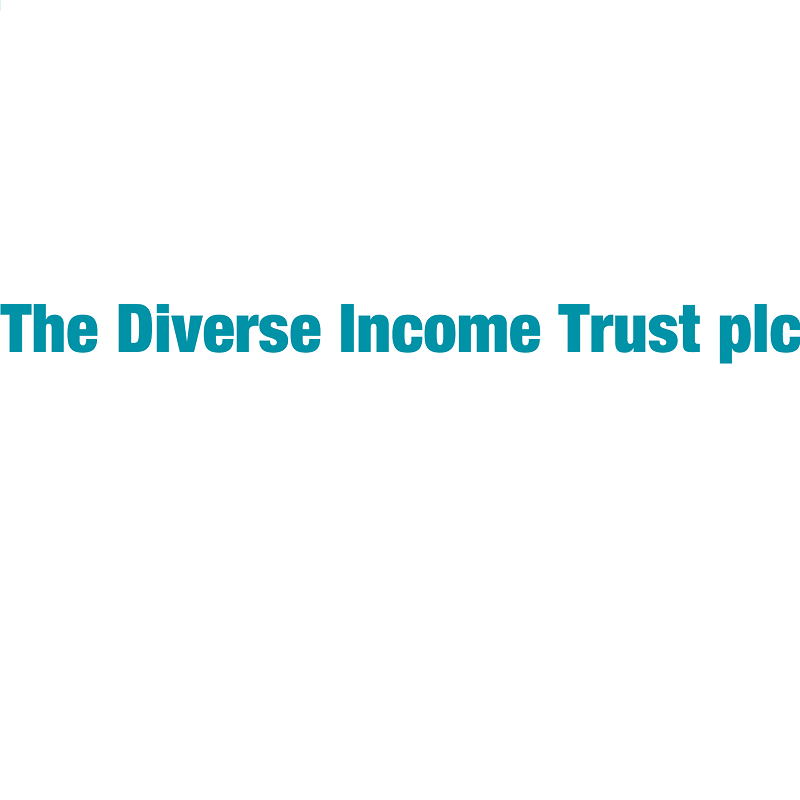Diverse Income Trust plc (LON:DIVI) fund managers, Gervais Williams and Martin Turner provide their latest Investment Insights.
To the casual observer, the returns of many stock markets may have been unremarkable recently. Yet under the surface, there may be something of a fundamental change going on regarding the longer-term trends.
In the summer, investors anticipated that inflationary pressures were moderating, and the share prices of companies with rapid growth prospects tended to outperform. Latterly, worries about persistent energy and employee shortages have led to a change of heart, which favoured the share prices of UK companies that grow at a more modest pace and generate surplus cash.
Furthermore, there has been marked slowing in the Chinese economy recently, which is unsettling given that it has been at the cornerstone of global growth over the last couple of decades. If the current Chinese economic slowdown were to become endemic, then we anticipate it might have an adverse impact on the global growth trajectory longer term.
One of the advantages of the Diverse Income Trust strategy, is that its portfolio includes many younger businesses, such as those listed on the AIM exchange. Younger businesses often operate in immature industry sectors, with prospects that are less correlated with the fluctuations of global growth. Furthermore, many of these are also standing on overlooked valuations, therefore if they succeed their share prices can sometimes appreciate considerably. Both factors could become more relevant if the trajectory of global growth were changing.
At this stage, it is still too early to be confident that the trajectory of global growth has fundamentally changed, but if it were to, then we believe the Diverse Income Trust strategy could deliver attractive returns relative to various international stock markets, such as the US, as well as the UK.
The Diverse Income Trust plc (LON:DIVI) invests primarily in quoted or traded UK companies with a wide range of market capitalisations, but a long-term bias toward small and medium sized companies.
The Company may also invest in large companies, including FTSE 100 Index constituents, where it is believed that this may increase shareholder value.
The Managers adopt a stock specific approach in managing the Company’s portfolio and therefore the amount apportioned to a particular industry sector is of secondary consideration. As a result of this approach, the Company’s portfolio does not track any index.











































